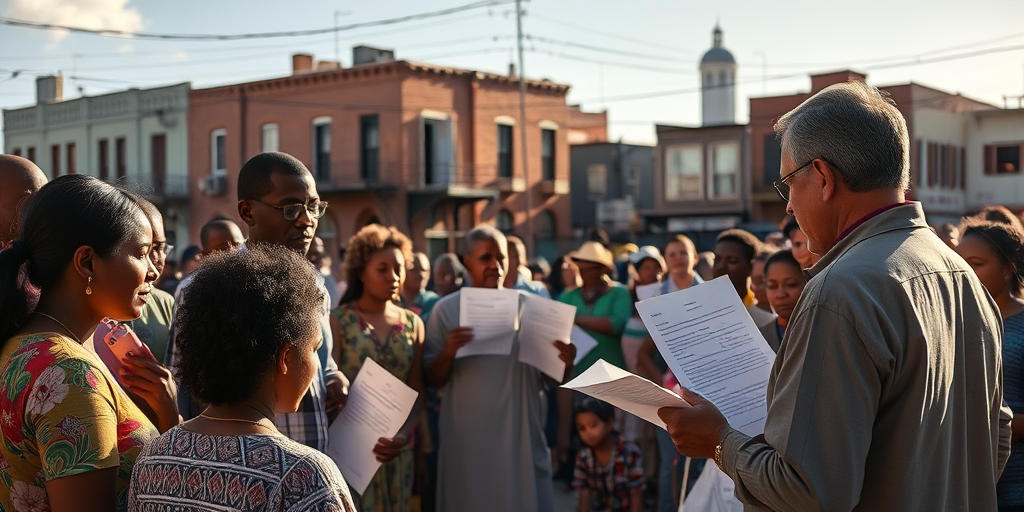BISD Seeks Community Feedback on Implementing Cell Phone Ban
Brownsville Independent School District (BISD) is reaching out to Valley residents, namely parents and students, to gather input on the implementation of House Bill 1481, which mandates a ban on personal electronic devices in schools. Signed into law by Governor Greg Abbott, and set to take effect on August 13, 2025, this legislation is intended to foster a more focused educational environment free from digital distractions.
A Step Towards Enhanced Learning
House Bill 1481 reflects a broader initiative to enhance educational outcomes by minimizing interruptions during school hours. Supporters of the bill argue that reducing screen time can lead to improved focus, higher GPAs, better test scores, and enhanced mental health and social well-being. State Representative Caroline Fairly, who championed the bill, commented, “The passage of HB 1481 marks an important step toward restoring focus and connection in our classrooms. By creating a phone-free environment, we’re giving teachers the tools to teach without disruption and students the space to learn, think critically, and engage with one another face-to-face.”
BISD aims to align its policies with this legislative change and is considering three potential approaches: a complete ban on devices during school hours, allowing devices to be stored and unused, or implementing rules based on grade levels. A survey soliciting opinions on these options is available until July 21, providing an opportunity for community interest to shape the district’s approach.
Impact on South Texas
The new policy is expected to resonate significantly within the Rio Grande Valley community, where the relationship between education and technology frequently features in local discussions. Many parents in the region have expressed concerns about the growing dependence on technology among students. “In many classrooms, cell phones can become more of a distraction than a tool for education,” observed Julia Reyes, a BISD parent. “If managed correctly, this policy can help students concentrate on their studies and interact more with their peers.”
The implications of this policy adjustment are vast, potentially influencing everything from classroom dynamics to broader educational outcomes in the region. For BISD and other Valley schools, this shift embodies a critical evolution in educational priorities toward fostering environments more conducive to personal interaction and traditional learning modes.
Connections to Community Concerns
Interestingly, the policy aligns with previous discussions in the RGV regarding technology’s role in education. Recent local forums have underscored a demand for a balanced approach to digital tools in schools. The pervasive influence of technology, while providing valuable resources and learning aids, has also been noted to contribute to student disengagement and anxiety, particularly when it interrupts real-time social interactions and classwork.
“There can be an overreliance on devices, and having some restrictions can remind students of the importance of direct engagement,” comments Dr. Elena Sandoval, an educational psychologist from the University of Texas Rio Grande Valley. “This proposal offers a chance to reintroduce students to face-to-face communication and foster a present-moment awareness that many digital natives are at risk of losing.”
Future Considerations for the Valley
As the feedback period progresses, BISD has indicated its commitment to incorporating community insights into policy decisions, effectively addressing diverse viewpoints and ensuring adequate resources to implement the chosen policy constructively. There is hope that a well-executed rollout could set positive precedents for other school districts in South Texas facing similar challenges.
Ultimately, BISD’s proactive stance in seeking community feedback reflects a deeper commitment to shared responsibility in education and policy decisions. The initiative showcases a region striving actively toward equitable educational standards beneficial to both the local populace and broader South Texas.
Engaging the Community
For those interested in participating in the decision-making process or learning more about the potential changes, BISD has set up a dedicated feedback form available online. Stakeholders can propose additional insights beyond the initial options, ensuring that the board fully understands the various implications of the new regulations.
In conclusion, while the proposed changes stir varied reactions among Valley residents, the focus remains on the advantageous outcomes of educational openness and adaptability. Through collective action and thoughtful policymaking, BISD hopes to harness these changes to nurture future-ready students positioned to succeed in a world where balance between technology and personal development is paramount.







